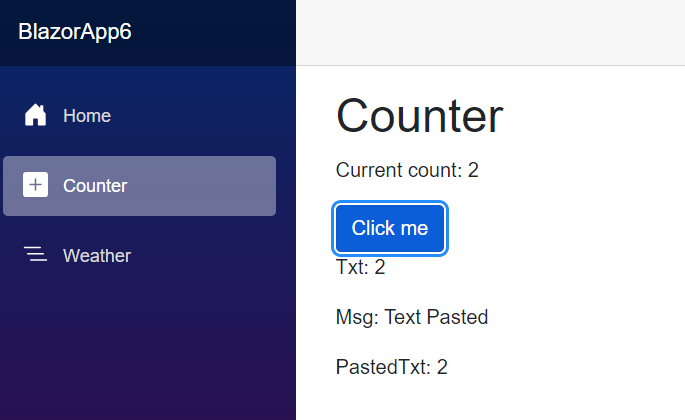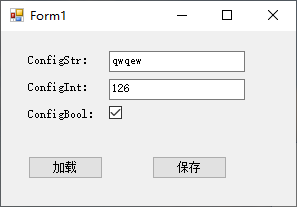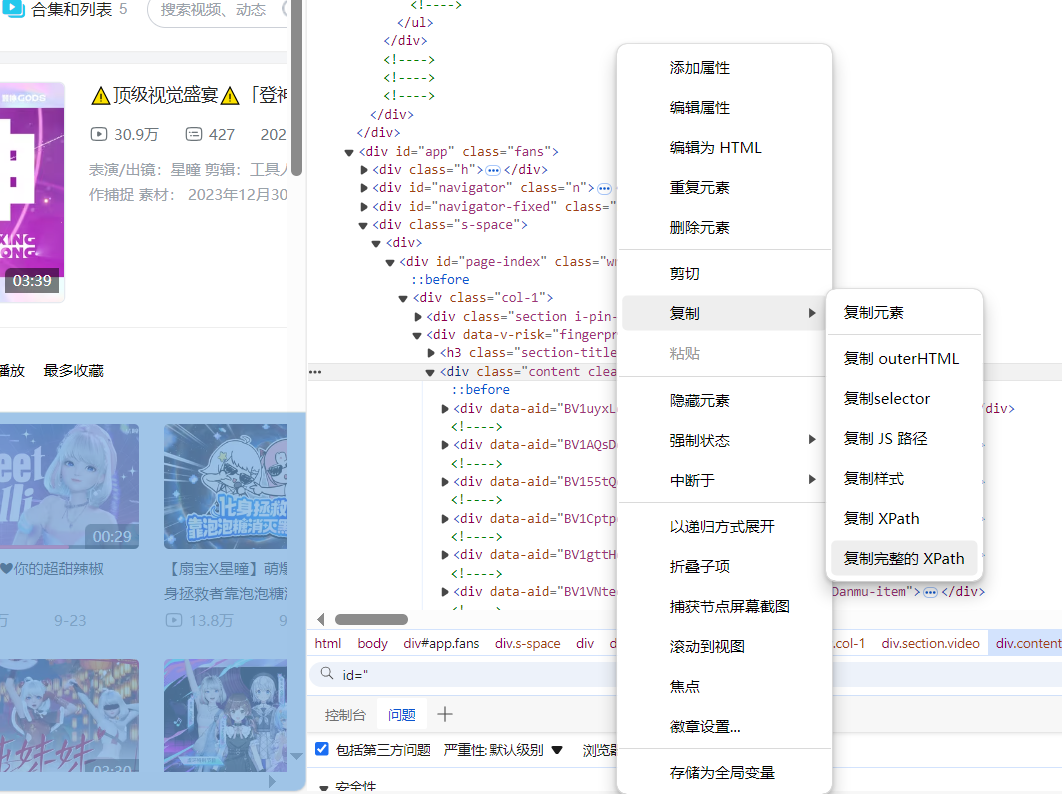我有一个调用C dll的c#程序,后者又调用
java dll(使用jet excelsior构建第三方程序).我将一个xml字符串从c#传递到java中,然后java将字符串返回到c#进行处理.
这适用于第一次迭代,但是在第二次迭代时我得到以下异常……
Attempted to read or write protected memory. This is often an
indication that other memory is corrupt.
以下是我将其列为相关代码,但如果您需要其他任何内容,请告诉我.
C#调用C dll
public static class DllCall
{
[DllImport("Stubs",CallingConvention = CallingConvention.Cdecl)]
public static extern int initDll([MarshalAs(UnmanagedType.LPStr)] string userDllName);
[DllImport("Stubs",CallingConvention = CallingConvention.Cdecl)]
public static extern void finalizeDll();
[DllImport("Stubs",CallingConvention = CallingConvention.Cdecl)]
public static extern UInt32 newClassInstance(String rootPath,String cfgPath,String logPath );
[DllImport("Stubs",CallingConvention = CallingConvention.Cdecl)]
public static extern String request(UInt32 hClassInst,[MarshalAs(UnmanagedType.LPStr)] String input);
[DllImport("Stubs",CallingConvention = CallingConvention.Cdecl)]
public static extern void close();
}
const char* request(jobject obj,char* input )
{
jstring inputString;
jstring outputString;
const char *nativeString;
jmethodID mID = (*env)->getmethodID (env,jClass,"request","(Ljava/lang/String;)Ljava/lang/String;");
if (!mID){
printf("\nError: dllClass.request() not found\n");
return 0;
}
inputString = (*env)->NewStringUTF(env,input);
outputString = (*env)->CallObjectMethod(env,obj,mID,inputString);
nativeString = (*env)->GetStringUTFChars(env,outputString,0);
return nativeString;
}
这里要求的是实际导致异常的C#代码.
public string request(string xmlInput)
{
LogManager.logMessage("Sending request to Java. Request is - " + xmlInput);
string rs ="";
Console.Write("Making request");
//this works fine
rs = DllCall.request(hClass,xmlInput);
Console.Write("---> request() rs = {0}\n",rs);
// this throws the error
rs = DllCall.request(hClass,"<?xml version='1.0' encoding='utf-8'?><moo><request name=\"Panel.Open.GetSelectionTemplate\"/></moo>");
return rs;
}
在回应丹尼尔这里是宣告env的地方
#include <jni.h> #include <windows.h> jnienv *env; JavaVM *jvm; HANDLE hUserDll; jclass jClass; char* dllname;
以下是它的初始化方式.
int initDll(char* userDllName)
{
jClass = NULL;
hUserDll = loadDll(userDllName);
dllname = userDllName;
initJavaRT(hUserDll,&jvm,&env);
jClass = lookForClass(env,"XActMain/XActgeminiX3/XActgeminiX3IFX");
return jClass ? 1 : 0;
}
/*
* Initialize JET run-time.
*/
void initJavaRT(HANDLE myDllHandle,JavaVM** pjvm,jnienv** penv)
{
int result;
JavaVMInitArgs args;
JNI_GetDefaultJavaVMInitArgs_func =
(jint (JNICALL *) (void *args))
GetProcAddress (myDllHandle,"JNI_GetDefaultJavaVMInitArgs");
JNI_CreateJavaVM_func =
(jint (JNICALL *) (JavaVM **pvm,void **penv,void *args))
GetProcAddress (myDllHandle,"JNI_CreateJavaVM");
if(!JNI_GetDefaultJavaVMInitArgs_func) {
printf ("%s doesn't contain public JNI_GetDefaultJavaVMInitArgs\n",dllname);
exit (1);
}
if(!JNI_CreateJavaVM_func) {
printf ("%s doesn't contain public JNI_CreateJavaVM\n",dllname);
exit (1);
}
memset (&args,sizeof(args));
args.version = JNI_VERSION_1_2;
result = JNI_GetDefaultJavaVMInitArgs_func(&args);
if (result != JNI_OK) {
printf ("JNI_GetDefaultJavaVMInitArgs() Failed with result %d\n",result);
exit(1);
}
/*
* NOTE: no JVM is actually created
* this call to JNI_CreateJavaVM is intended for JET RT initialization
*/
result = JNI_CreateJavaVM_func (pjvm,(void **)penv,&args);
if (result != JNI_OK) {
printf ("JNI_CreateJavaVM() Failed with result %d\n",result);
exit(1);
}
printf ("JET RT initialized\n");
fflush (stdout);
}
这是对Joes关于初始化的评论的回应……
public class Test
{
public UInt32 hClass;
public test()
{
initDll();
newClassInstance(rootConfig,config,logFile);
}
........
public void newClassInstance(string rootPath,string cfgPath,string logPath)
{
hClass = DllCall.newClassInstance(rootPath,cfgPath,logPath);
Console.Write("---> hClass = {0}\n",hClass);
}
public void initDll()
{
int rc = DllCall.initDll("dllClass.dll");
Console.Write("---> initDll() rc = {0}\n",rc);
}
汉斯指出了以下链接potential answer
正如我所说,它工作一次然后在第二次迭代时崩溃.
解决方法
我不确定它为什么第一次工作,但是你将一个类对象(hClass)传递给请求而不是该类的实例.
rs = DllCall.request(hClass,xmlInput); //The error is thrown on this line
看看这是否解决了问题:
public string request(string xmlInput)
{
LogManager.logMessage("Sending request to Java. Request is - " + xmlInput);
string rs ="";
Console.Write("Making request");
UInt32 hClassInst = DllCall.newClassInstance(rootPath,logPath); // <-- New line,using your own rootPath,logPath variables
rs = DllCall.request(hClassInst,xmlInput); // <-- Modified line,using hClassInst instead of hClass
Console.Write("---> request() rs = {0}\n",rs);
return rs;
}




